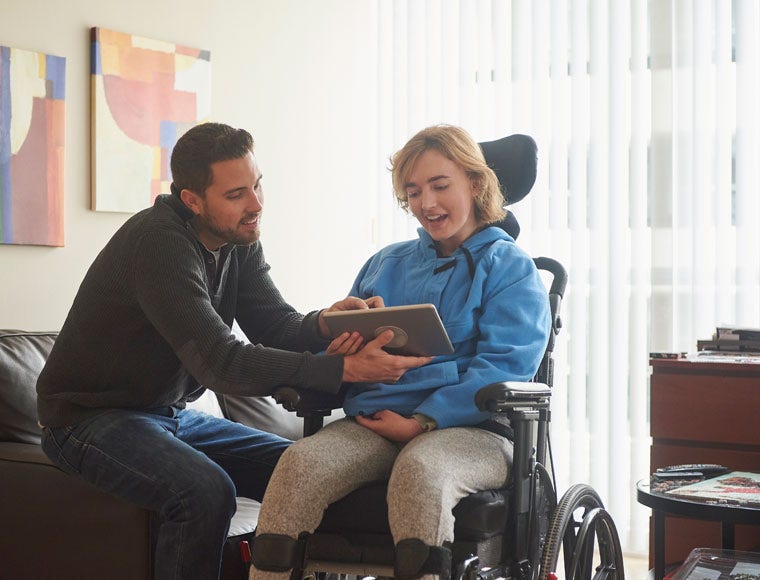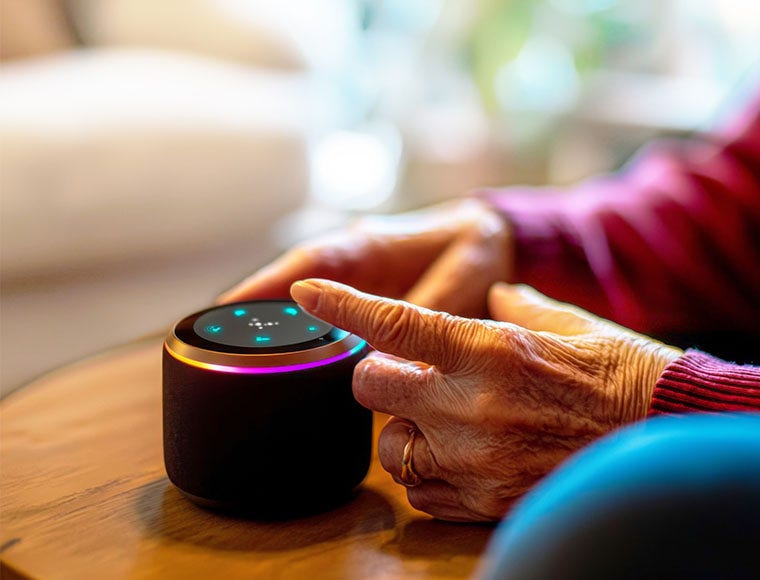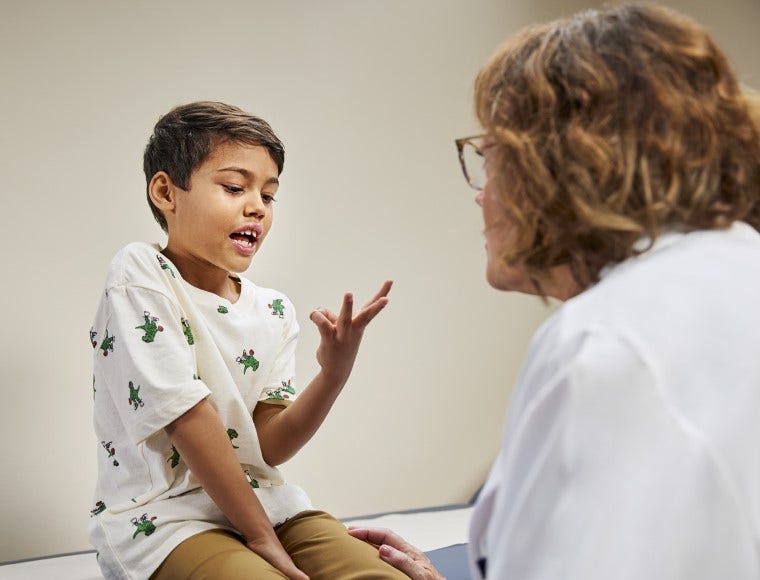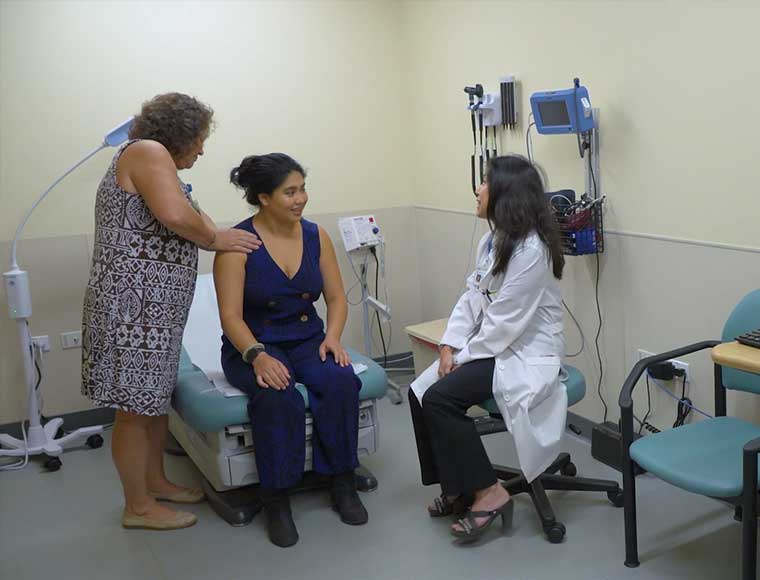In the U.S., March is celebrated as Developmental Disabilities Awareness Month. This observance was first recognized in 1987 by President Reagan to increase awareness of the needs of and opportunities for Americans with developmental disabilities.1 As defined by the Centers for Disease Control and Prevention, developmental disabilities are conditions that affect an individual’s physical, learning, linguistic or behavioral development, including:
- Autism spectrum disorder
- Cerebral palsy
- Attention-deficit/hyperactivity disorder
- Learning or intellectual disabilities
- Hearing loss
- Vision impairment
Each year, a national campaign is run during Developmental Disabilities Awareness Month in which individuals with and without disabilities share their relevant experiences through stories, photos and videos. This campaign seeks to raise awareness about the inclusion of people with developmental disabilities in all facets of community life, as well as the barriers people with disabilities face.
Given my role as the Executive Director of the Statewide Independent Living Council of Tennessee (SILC) and as a member of the Tennessee Council on Developmental Disabilities and UnitedHealthcare’s National Advisory Board (NAB), the observance of Developmental Disabilities Month is extremely important to me.
Statewide Independent Living Council of Tennessee
The SILC is an independent nonprofit governed by people living with disabilities.2 Its mission is to promote independent living practices and expand relevant services across Tennessee. For over 20 years, SILC has provided independent living education to the community and public leaders, offering training and support to the independent living community and facilitating funding opportunities for expansion of independent living services in Tennessee.
Tennessee Council on Developmental Disabilities
The Council on Developmental Disabilities consists of governor-appointed private citizens who either have a disability or are family members of a person with a disability. Council members represent the cultural and geographic diversity of Tennessee.3 Authorized by the federal Developmental Disabilities Assistance and Bill of Rights Act (P.L. 106-402), the Council also has representatives of state agencies that are connected with disability policy and services in the state.4
National Advisory Board
UnitedHealthcare Community & State formed their national advisory board in 2012 to provide recommendations regarding engagement of stakeholders to support individuals with special health care needs.5 The NAB is comprised of leading experts, aging and disability advocates, health plan members and family members of individuals with special health care needs. The goals of the NAB include:
- Cultivating a consumer-centered culture
- Advancing awareness and knowledge of individuals served
- Identifying emerging trends and policy issues
- Creating a pathway to enable policy advancements
- Developing and recommending innovations for populations with special health care needs
As part of the initiative to advance awareness, NAB members participated in a three-part video series highlighting the importance of self-advocacy for individuals with disabilities across the age spectrum. Self-advocacy and active participation in care are crucial for patients to ensure their needs are met. Living with disabilities can lead to varying experiences of loss of control within an individual’s life. By communicating health needs, people living with disabilities can be empowered to take control of their lives. I recently spoke on self-advocacy for individuals in adulthood, giving examples of the challenges I faced and opportunities embraced in my own advocacy journey. UnitedHealthcare videos on self-advocacy for childhood, adulthood and for older adults can be viewed on the UnitedHealthcare website.
As we take time this month to recognize the challenges and opportunities people with developmental disabilities face, I encourage everyone to continue building welcoming and supportive communities to help people with disabilities live a self-directed life.
Sources
- https://www.nationaldisabilityinstitute.org
- https://www.silctn.org/about-us.html
- https://www.tn.gov/cdd.html
- https://acl.gov
- https://www.uhccommunityandstate.com/nab









